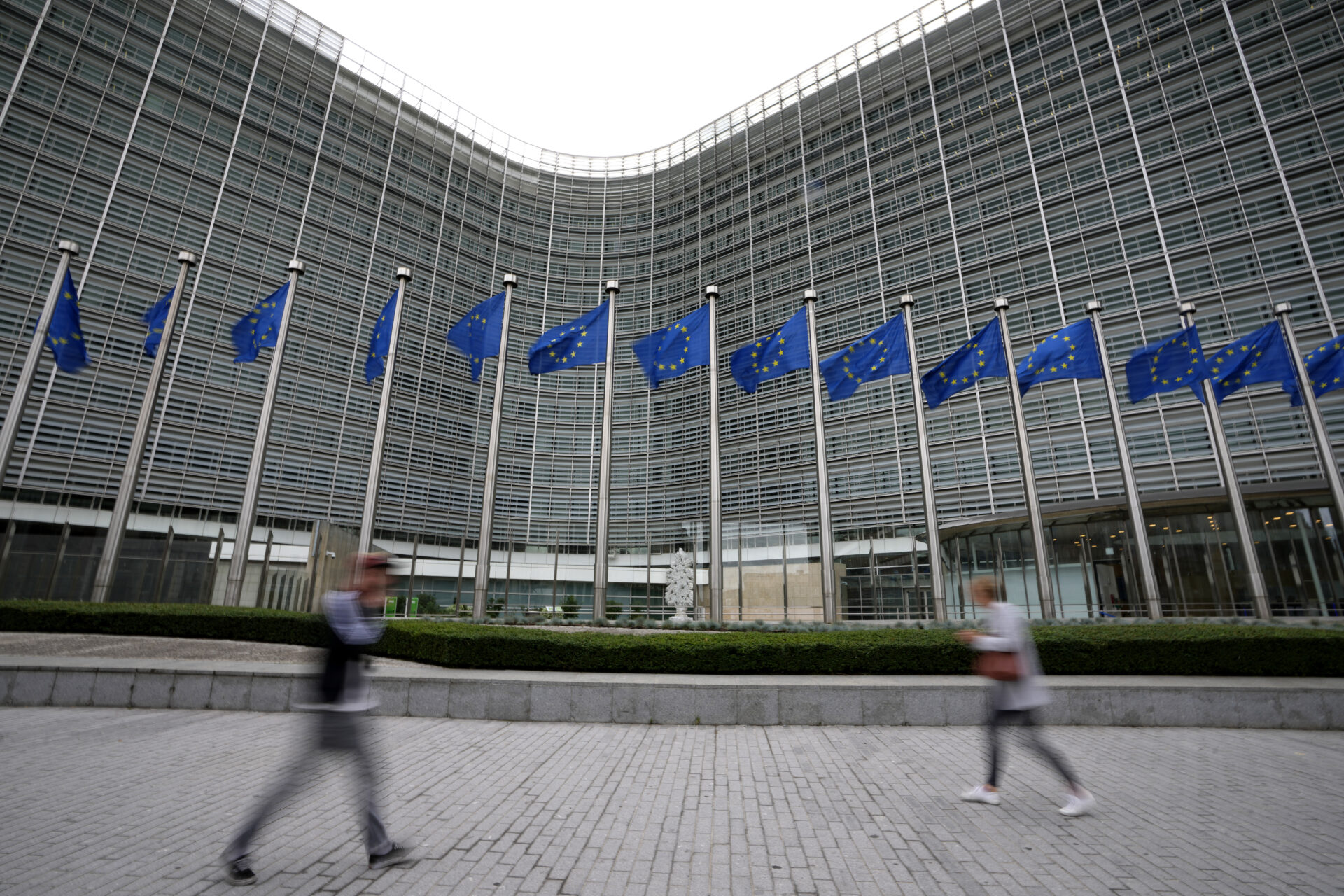
The Greek government, through the Ministry of Social Cohesion and Family, has co-signed the European Union Declaration on Awareness for Persons with Disabilities during Poland’s presidency of the EU Council.
A press release from the ministry indicates that Greece “actively engages in dialogue through the European Platform for Disability and plays a responsible role in shaping the EU’s social policy regarding the rights of persons with disabilities.”
Among the 25 member states that signed this important declaration, Greece endorses the initiative for increased visibility of the disability movement across Europe.
“Society gains awareness when governments implement measures and reforms. We are working at both national and European levels to create a society that is aware, inclusive, fair, and accessible. Our citizens with disabilities are important to us. Awareness, information, sustainable policy design, and action are priorities at both European and national levels. We contribute to this common goal through supportive policies for persons with disabilities and their families,” stated Domna Michailidou, Minister of Social Cohesion and Family.
Detailing the ministry’s initiatives, Ms. Michailidou noted that “15,000 citizens will receive electric wheelchairs at no cost, 2,500 individuals will have their homes made accessible, thousands will receive digital training at modern empowerment hubs, and 1,500 have already acquired Personal Assistants. Furthermore, through the ‘My Home II’ program, we are enhancing housing options for those with increased accessibility needs.”
Minister of State Akis Skertsos, who leads the Coordinating Mechanism for the Rights of Persons with Disabilities, emphasized: “Our greatest challenge in striving for an inclusive Greece is making persons with disabilities visible in society. They should not live as ‘invisible’ individuals in an unwelcoming environment.
This is why a primary objective of our National Strategy for Disability is to ensure accessibility and independent living while educating society on inclusion. Achieving full inclusion of persons with disabilities in all areas of social, economic, political, and cultural life requires persistence, planning, and collaboration. For the first time, Greece has a definitive plan and the commitment to utilize all available national and community resources.”
Through the EU Declaration on Awareness for Persons with Disabilities, Greece is collaborating with other EU member states and affirming its commitment to combat stereotypes about disability and to improve the visibility of persons with disabilities. (18/7/25)













Leave a Reply